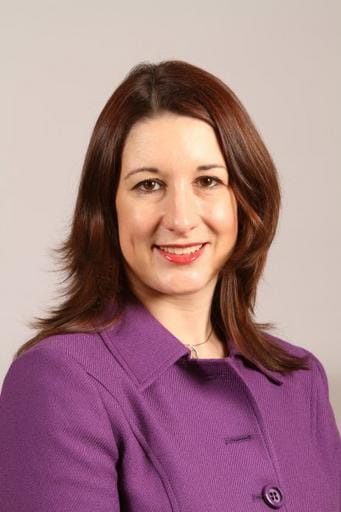Chancellor Rachel Reeves has defended the government’s decision to launch a national inquiry into grooming gangs across England and Wales, insisting that the concerns of victims have “never been dismissed” despite months of political deadlock and public pressure.
The announcement follows a damning independent review by Baroness Louise Casey, commissioned earlier this year to assess systemic responses to child sexual exploitation. Reeves stressed that Prime Minister Sir Keir Starmer has always prioritised victims’ welfare over political optics, denying accusations that Labour was reluctant to act.
A Shift in Government Stance
At the start of 2025, the government resisted growing calls for a national inquiry, arguing that the seven-year investigation led by Professor Alexis Jay, which concluded in 2022, had already comprehensively examined the issue. That inquiry revealed that child sexual abuse had become “epidemic” in England and Wales, identifying institutional failures and making 20 recommendations.
However, continued pressure from survivors, campaigners, opposition politicians, and public figures—including Elon Musk, who publicly criticised Sir Keir—kept the issue in the headlines.
Reeves, speaking on Sunday with Laura Kuenssberg, clarified the shift: “The Prime Minister wanted to ensure no stone was left unturned. That’s why Baroness Casey was asked to conduct a rapid review.”
She added, “Our focus has always been the victims. This inquiry is not about grandstanding—it’s about making sure such horrors never happen again.”
Criticism from All Sides
The move has not silenced critics. Maggie Oliver, a former detective-turned-whistleblower on the Rochdale abuse scandal, said both Labour and the Conservatives had been “dragged kicking and screaming” into action. “I won’t be thanking any of them,” she added, highlighting the years of suffering endured by victims due to political inaction.
Shadow Chancellor Mel Stride also took aim at Labour, accusing Sir Keir of dismissing early Conservative demands for an inquiry as a “far-right bandwagon”. He argued, “This should have happened far, far earlier.”
Meanwhile, Chris Sherwood, CEO of the NSPCC, welcomed the national inquiry but warned against further delays: “Survivors have waited years. Urgent action must not be postponed by another lengthy process.”
A Deeper Look at Grooming Gang Networks
The inquiry will examine institutional responses to organised networks accused of grooming and abusing children—particularly in areas such as Rochdale, Rotherham, and Oldham, where past investigations uncovered deep-rooted failings. Many of these high-profile cases involved gangs of men, predominantly of Pakistani heritage, targeting vulnerable young girls, often from white working-class backgrounds.
Baroness Casey’s inquiry will now be able to compel witnesses, including police officers and local officials, to give evidence—something victims’ advocates say is essential to achieving justice and accountability.
Five localised investigations, including one in Oldham and four others yet to be announced, will run in tandem with the national inquiry. According to a senior government source, the plan is to “coordinate a series of targeted local investigations under a national framework”.
What Comes Next?
With political blame games intensifying, public attention will now turn to the publication of Baroness Casey’s full report and Home Secretary Yvette Cooper’s response in Parliament. While the launch of the inquiry marks progress, campaigners warn that action must follow swiftly if the inquiry is to provide more than symbolic closure.
For many survivors, this inquiry is not simply about policy—it’s about being heard, believed, and protected. The challenge for both government and opposition is to demonstrate that justice will not be delayed further.
